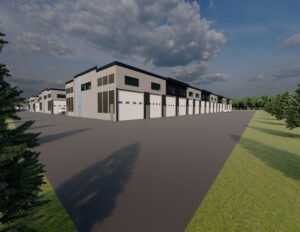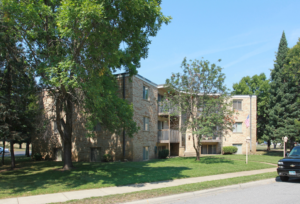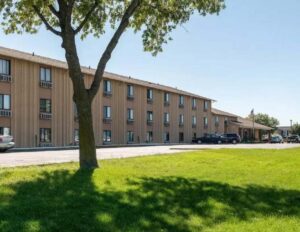$55000 to $5000000
1 year, 1.5 years, 2 years, 3 years, 4 Years, 5 years, 30 Years
8% - 12.75%
2.5%
Loan Type Commercial Loan, Construction Loan, DSCR Loan, Rehab Loan
Property Type 2-4 Units, Condo, Multi Family, SFR









